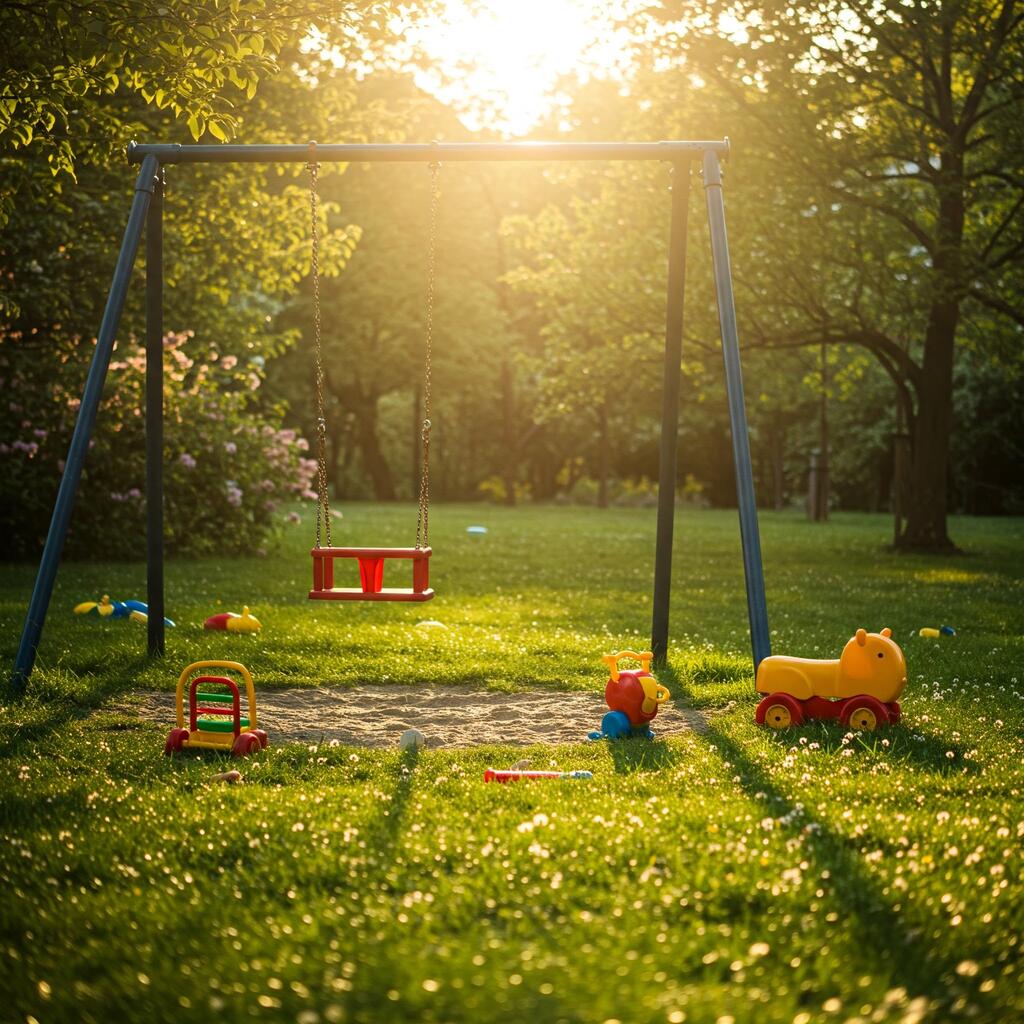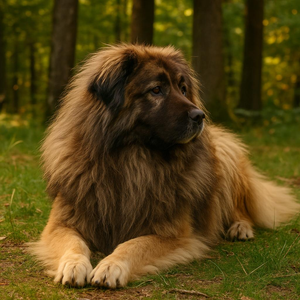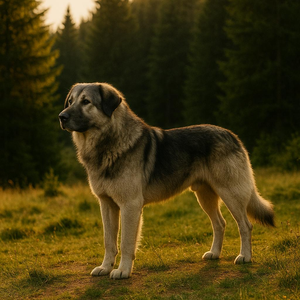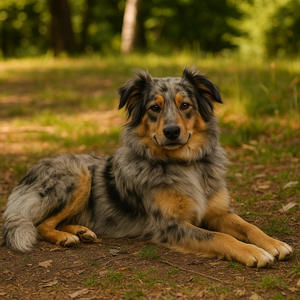
The Heartwarming Diary of a Truly Happy Childhood
I was a child in the 1960s and I can say that I had a happy childhood. I was born in the country, in a small village so close to the city that you could easily walk there.
But the times we went to the city were rare, at least until I finished primary school, which was in the village. There wasn't much need to go to town then.
In our little village we had all the shops we needed, the baker, the grocer, the butcher, to name but a few, but there were also two bars, one at the ‘casa del popolo’ and one at the Acli club, a doctor's surgery, where you could also buy the medicine the doctor prescribed.
There were also a couple of hairdressers, a barber, a newsagent, a haberdasher, a cobbler.
I remember that once a week, on Fridays, a fishmonger's truck would come and stop in the square and the two or three main streets of the village, and also another truck that brought fruit and vegetables. This one, however, passed at least twice a week.
And once a month, another lorry came by, selling buckets, brooms, and whatever was needed for cleaning the house. There was also the tailor and the shepherd, where you went to buy cheese and cottage cheese.
In short you had everything at hand and zero kilometres.
I remember my mother used to send me out daily for groceries. There were no supermarkets back then and you usually bought what you needed for lunch or dinner in the village.
I would go to the grocery shop with a jute bag to buy bread mainly, but also when sugar, pasta, salt and other things needed in the kitchen.
Wine and oil were usually bought at the farm. The products you bought at the grocery shop were wrapped in yellow or white paper that you then reused. Milk was fetched from a nearby farm with a glass bottle, where the farmer milked it and gave it to you while it was still warm, so much so that before I got home I had drunk at least a quarter of it. The only jars I remember from those days were those of peeled tomatoes.
Cans that were then found in the creek (where rubbish was thrown away, which was very little compared to today).
And these jars remind me of another amusement we children had in those days. In the summer we were always in the creek, both because it was cooler and you stood with your feet in the water, and because there were many ways to play there.
Going back to the jars, in the summer we always had a fishing net and we would go hunting for small fish that we called lasche and they were very slippery and shiny, and turning the jars we found in the creek bed, along with the mud came out, usually very often, another type of small fish that we called brocciolo.
This one was dark and stocky, quite the opposite of the other one. There were also trout in the stream, but you could only catch those by using a fishing rod. They were very clever fish and could not be caught with a fishing net.
And when we came home in the evening with so many of those little fish, mum would cook them and eating them all together was a source of pride for us children. However, for the sake of the animal activists, we didn't go fishing very often, me personally because I didn't like those little fish very much.
However, the creek in summer was the meeting place for us kids, and usually at the beginning of summer we would start digging a hole in the middle of the creek. In a month or so of work we had made a hole that allowed us to bathe.
There were a couple of places in the creek with waterfalls and bumps so big that in the summer there were always people taking a bath, but they were usually older guys and they didn't want us around, so we made our own place to do it, and I remember it was 20 metres from my house, so double happiness, I had the nicest place on my doorstep.
Even with a small trench that my grandmother had given us, we'd get some dry land and even make a kind of small beach next to the water.
And I can say that I was lucky, our town and my country is not very close to the sea, so I saw the sea when I was already 8 or 9 years old.
I was lucky enough to go on a 15-day holiday to the sea. I remember we went by train and it was the most anticipated trip of my life. I couldn't sleep at night for two or three days before we left, so much excitement it gave me.
Then the car came into the family and so we travelled a lot, both to the sea and to the mountains.
On Sundays, for example, we sometimes went to my maternal grandmother's for lunch.
My maternal grandmother had seven children, and in the village where she lived, four of her daughters also lived with their children. So when we went to grandma's for lunch it was really a celebration for me because I would see my cousins and we would play together all day.
But the biggest party was that during the summer holidays my grandmother would host me for a fortnight and those were the most fun days of the year.
Where I lived there were not many children and those few were not near my house, so I usually played with my brother who was younger and with the only friend I had close by, but when we were 10 years old she moved to town.
My village is quite big but all scattered around the countryside, a suburb of houses on one side, a hamlet on another and so on and so forth. The main village had no more than a dozen houses. So even the friends you made at school were usually far enough away that you couldn't go there every day.
In contrast, my grandmother's village was smaller but all together, the houses stuck together, with two or three narrow streets inside and three small squares. But to turn it all around took only a few minutes.
And there were about ten children about my age in that village, at least half of whom were my cousins. So it was enough to leave the house to find playmates. I remember a game we often played when we were all together in the evening after dinner. We used to play sardine, which is a kind of reverse hide-and-seek. One person hides and everyone else has to find him. Once found they hide with him and the last one left becomes the new sardine for the next game.
It was called sardine because when we were at the end of the game we were all crammed like sardines into a little box, either because the place where we were hiding was usually very small or because there were many of us, but often the last ones found us because we could no longer hold back our laughter at finding ourselves so tightly packed that we couldn't get in.
I remember one particular summer in my grandmother's village, the year the water supply finally arrived. The next day was Sunday and already by morning, all the villagers had filled pots and buckets with water, which they joyfully poured over themselves for the whole day.
It was a truly wonderful day for everyone, but especially for us kids, who were able to give vent to our exuberance by throwing water on even the adults who were just laughing that day.
I also have fond memories of the school, starting with the caretaker, a nice old lady who went early in the morning to light the stoves in the classrooms and treated us as if we were all her children.
She loved us, but did not hesitate to punish us with some scolding when we did some mischief, which our parents never knew about anyway unless you told them yourself.
There were no teacher's receptions with parents in those days.
Parents took us to school on the first day, then we walked alone, since we were in the village. The only thing about school our parents saw was the report card and at the end of school whether you passed or failed.
Even there I was lucky, I couldn't do maths very well, and my father, who knew a lot, always explained to me what I couldn't understand. But it was rare for parents to help their children with their homework.
Maybe they had only reached third grade or at most finished primary school, but most had not gone any further, especially in the countries where they tended to make the kids work very early.
But I have some very good memories of primary school, both because of the friends I had made there and because of the teachers, whom I was happy with. But it was a period that passed me by as quickly as lightning.
This was followed by years that were a bit more difficult, either because I had to go to the city for middle and high school, or because I found city life very different from the country life I was used to.
I felt the difference there. While in the country, it made no difference to us whether a boy or girl was the son of a farmer or a worker in the city, we ‘country people’ were a bit marginalised, at least initially, so much so that I remember the first few months we could only get along with each other who came from the same village, then slowly we managed to integrate, first with someone from other neighbouring villages, then with some citizens who didn't have the stink under our noses (as we used to say about the citizens).
Yes, because they thought they were superior because born in the city they had a very different and, they believed, better life.
But unfortunately for them I think my childhood was happier, precisely because I was born in the country where people all knew each other and helped each other. In the city they were more detached and even though they had all kinds of shops, squares, streets, with everything at hand, if many went on holiday and had better jobs, they didn't have that harmony that we had in the country.
Where we were content with little, but felt we had a lot.












